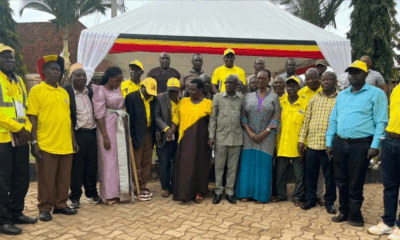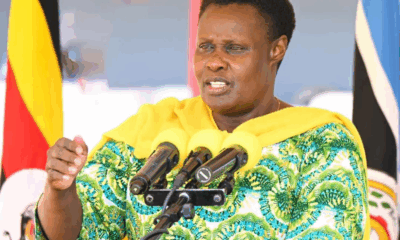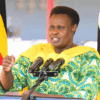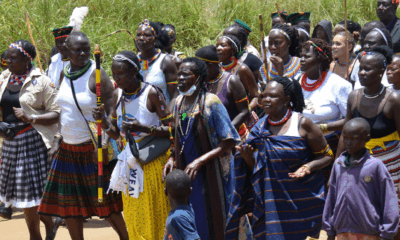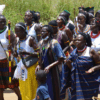News
COVID 19: A reminder to build strong and resilient health systems
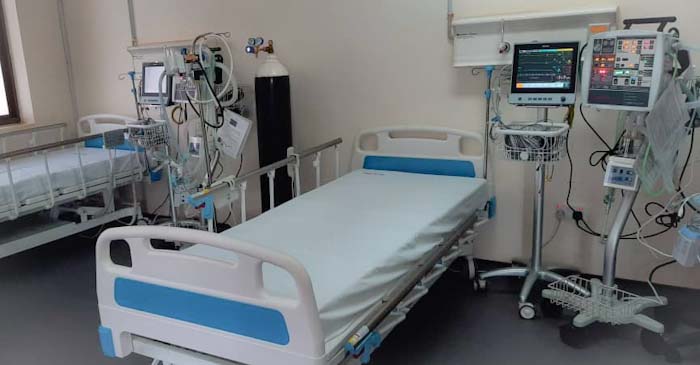
The COVID pandemic has forced Uganda government to invest in better life-saving equipment
Over the years, new technologies, vaccines and other methods that improve the quality of life and cure various diseases have been discovered worldwide.
In fact, there has been remarkable progress in the treatment, prevention and near-eradication of many diseases that were once leading causes of death in the human population, for instance polio, HIV/AIDS and malaria among others, as a result of these innovations.
However, despite all this progress, epidemics, like the current COVID-19, have revealed the real picture of each country’s health system. This does not apply only to developing countries, but also to First World countries.
For the first time, most countries struggled to have the needed equipment – ventilators and personal protective equipment (PPEs).
Political and health leaders encouraged the population to embrace prevention measures such as wearing masks and social distancing, among others. All these measures aimed at “flattening the curve “of new infections, thereby avoiding a surge in demand on the health care system.
In Uganda, the situation has not been any different from that in other countries. In a bid to control the spread of the disease, different measures were announced by the President and the Ministry of Health, some of which required the closure of several businesses, restrictions on transport, and the closure of schools and higher institutions of learning, among others.
Later, upon the relaxation of the strict measures, the number of new infections and deaths started to increase, with the rate of infection standing at 11,767 cases and the death toll 106 death at as of 6th November 2020.
The increasing number of infections and death has had an impact on the health structure of the country. First, this relates to the availability of the needed infrastructure, equipment and human resources to handle the patient as well as sending off the COVID deaths.
It is usually difficult to convince many countries/policymakers about the need to invest funds in disease prevention interventions as opposed to other national priorities, such as security.
This is mainly because the achievements of good public health often take the form of averted crises and are thus invisible. Studies have shown that it takes a disaster like the current COVID- 19 pandemic to demonstrate the critical importance of investment in building health infrastructure that can be sufficiently resilient to optimally meet the demands of the population during outbreak periods.
Fragile health systems can become overwhelmed during public health crises. Moreover, the diversion of resources during such periods greatly affects efforts to achieve other development agendas. In such periods, countries ought to formulate policies aimed at mitigating the effects of the epidemic/pandemic on the available resources.
These policies include a shift in the line of production for some companies to specialise in manufacturing products that can meet the current health needs of the population.
The COVID-19 global lockdowns demonstrated that building strong and resilient local health systems may be the ultimate avenue to guarantee citizens access to essential services during and even after COVID-19.
Uganda should consider the building of a strong health system as an integral part of national security or economic development —part of a government’s fundamental duty to protect its own people.
Proactive measures to ensure adequate financing for the health sector in the face of pandemics; how to improve staffing while protecting existing staff from the risks of exposure; strategic production and procurement for health sector supplies to reduce the traditional reliance on external markets, among others, should be high on the agenda of the country. Otherwise epidemics and pandemics like COVID-19 may continue to unveil the unpreparedness of the country’s health systems when faced with health crises.
Richard Ssempala
KERU Project- Makerere University School of Public Health
Comments



